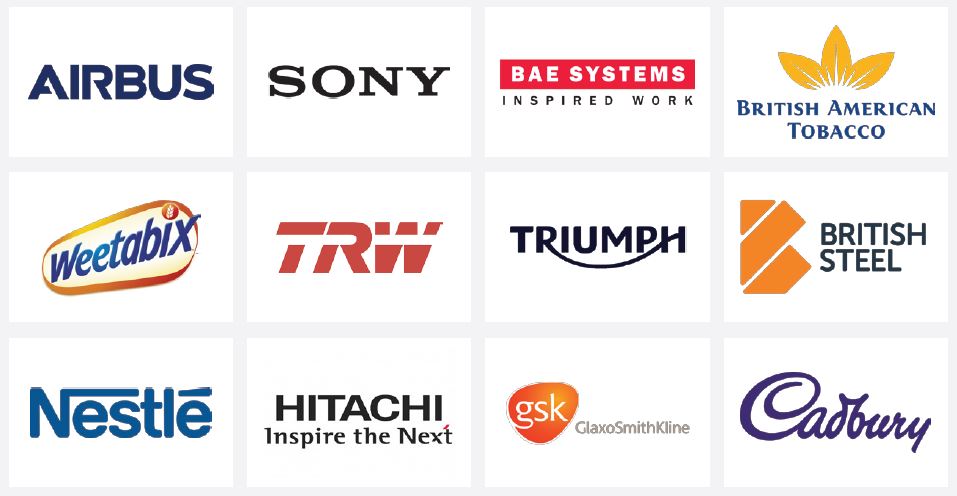Guarantee success in your industry with IoSCM. We offer every student much more than just a qualification; we provide the opportunity to grow, learn and progress as a professional with our unrivalled support network.
As with most supply chain sectors, the roles and responsibilities of those in an Import and Export position can be varied. IoSCM’s Import and Export Academy enables those in industry to develop their skills through bespoke distance learning courses.
You can custom build the IoSCM Level 2 Import and Export qualification in order to meet your career ambitions, current job specification or objective of your employer.
This qualification is industry recognised across the globe. The IoSCM level 2 import and export course was designed and developed by industry experts to provide first class study materials that meet National Occupational Standards (NOS). It also guarantees that we’re the best qualifications on the market.
What are National Occupational Standards?
The NOS framework specifies the UK standards of performance that people are expected to achieve in their work, and the knowledge and skills they need to perform effectively which are approved by UK government regulators.
Essentially, meeting the NOS framework means that with IoSCM you will learn exactly what is required in order to be successful in your job role and become a more valued asset than someone completing a more academic based programme.
WHAT WILL I RECEIVE?
Through completion of this IoSCM Level 2 qualification, you’ll receive an internationally recognised certification from IoSCM in Import and Export.
As well as this, you’ll be awarded an industry recognised qualification, Level 2 in Supply Chain and Operations from SFEDI Awards, who are the Ofqual regulated Awarding Organisation.

What is Ofqual?
Ofqual is the government organisation that regulates qualifications and the organisations which offer them, maintaining standards and therefore confidence in education across England.
Because we’re Ofqual regulated you can be assured that every single qualification we produce is of high-quality, valid and fit for purpose.
WHAT IS THIS QUALIFICATION EQUIVALENT TO?
The IoSCM Level 2 in Import and Export is of the same level as a GCSE graded A* to C but studied in your own time, at your own pace and in the comfort of your own home.
The Level 2 is recognised and much sought after by employers and businesses. It gives you realistic, industry-specific knowledge and skills that is entirely tailored to you and the sector, giving you the best chance of gaining employment in the import and export sector.
You can study around your current commitments and still save time and money in comparison to a full time or classroom based course. If you’d like to find out how an IoSCM Level 2 qualification in Import and Export can be significantly more beneficial to your career, give our expert Course Advisors a call today on 0800 1422 522.
Exclusive Student Discounts
When studying a qualification with IoSCM, you can register for a TOTUM NUS Extra card and receive exclusive discounts from household names designed to keep you ahead of the game in both your personal and professional life. To view the full range of discounts, please click here.





